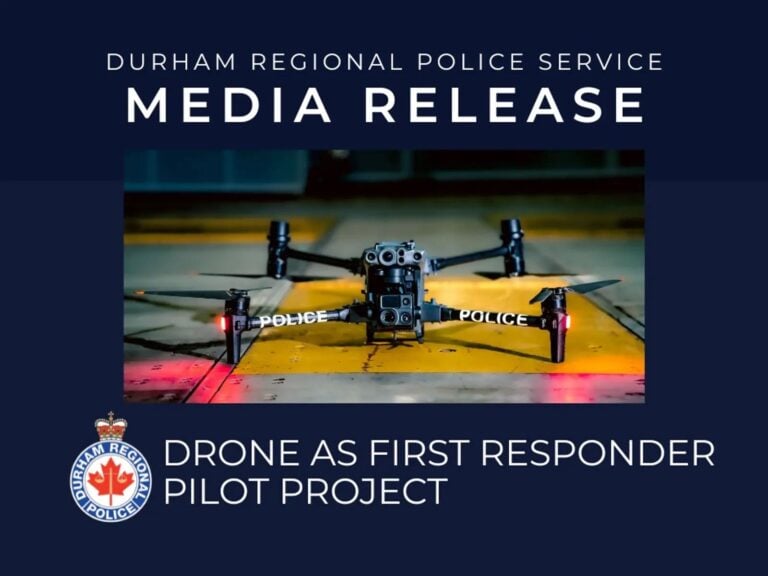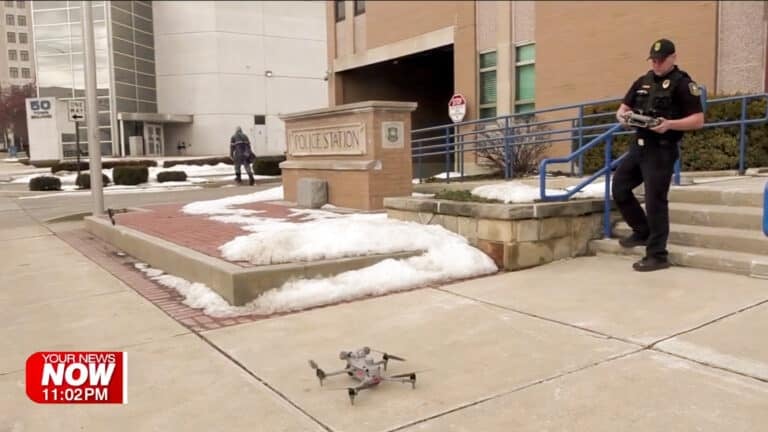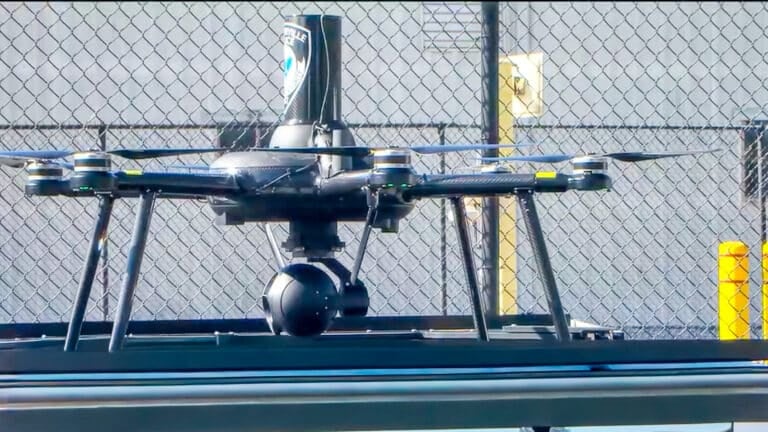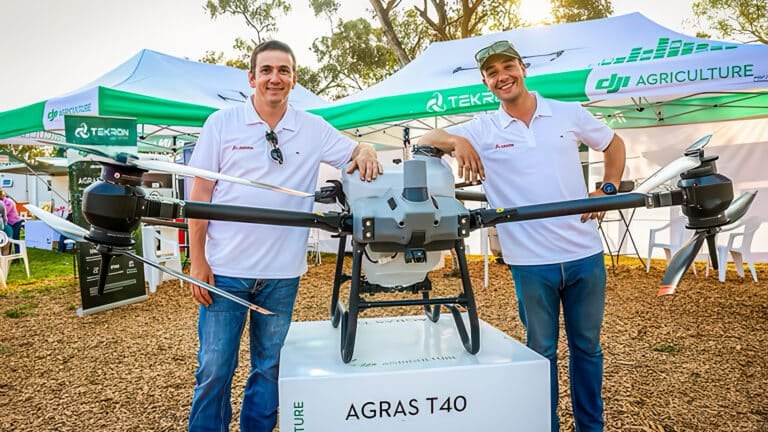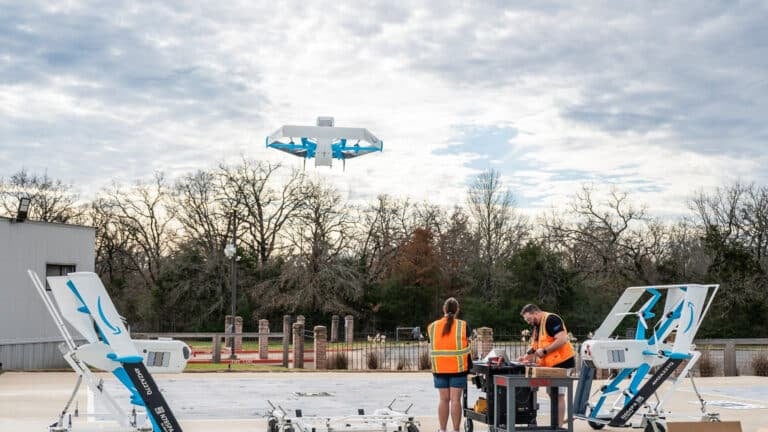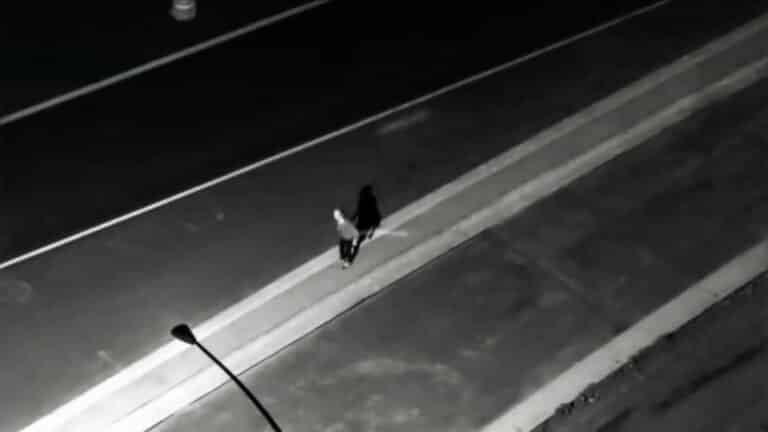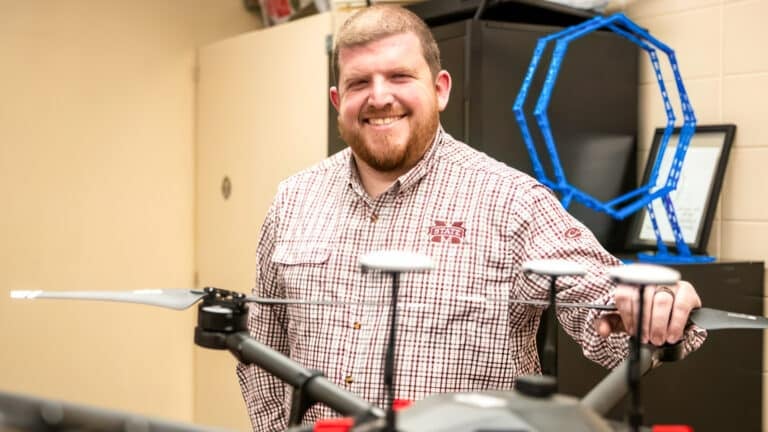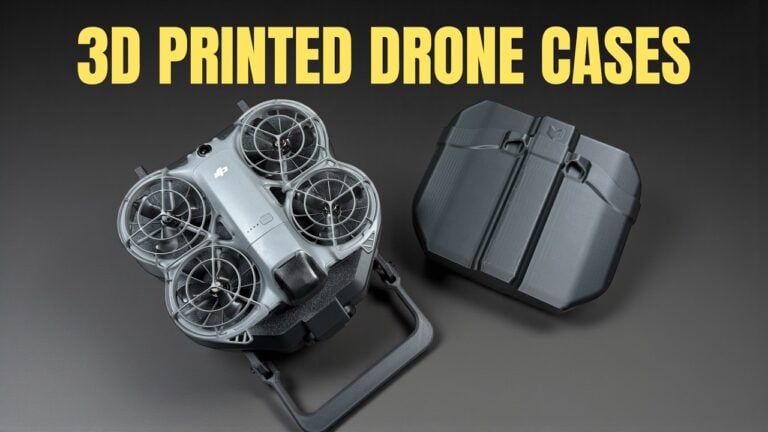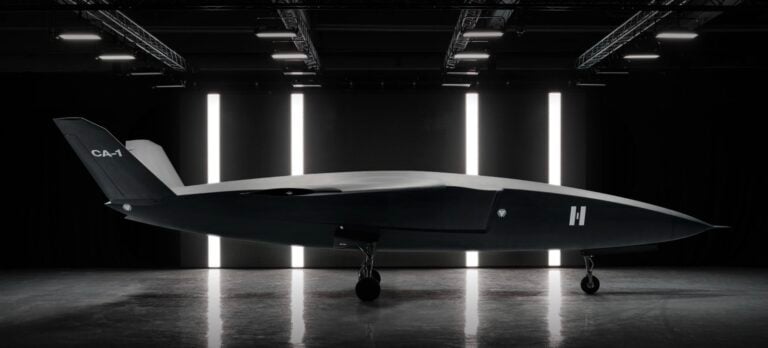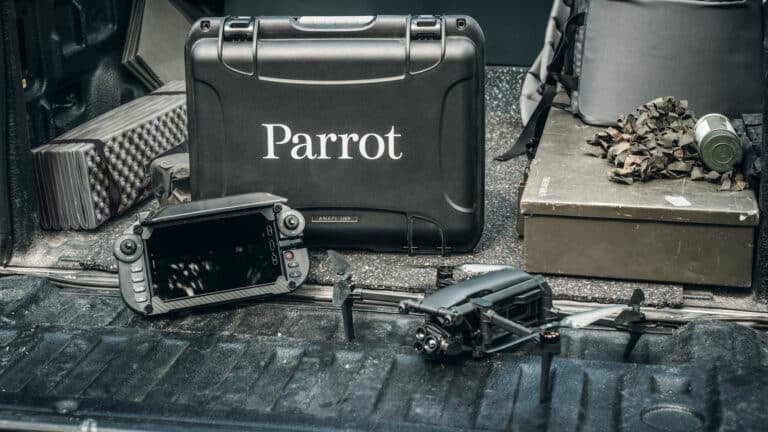Reliable Robotics Secures $17.4M Air Force Deal As FAA Approves Fully Autonomous Aircraft Testing
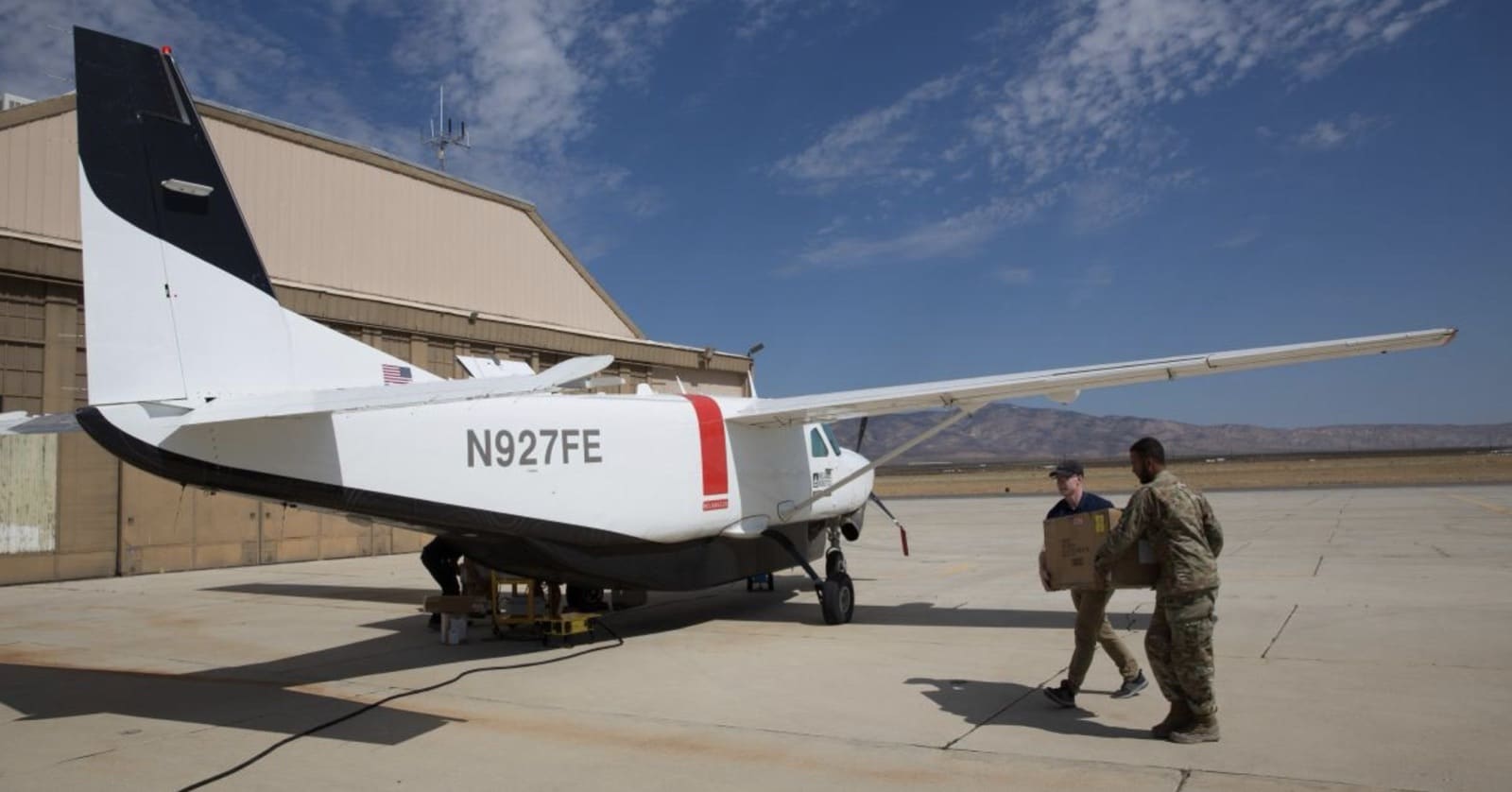
Check out the Best Deals on Amazon for DJI Drones today!
The future of autonomous aviation just got a major boost. Reliable Robotics has secured a $17.4 million contract with the US Air Force to integrate its fully autonomous flight system onto a Cessna 208B Caravan, marking a significant milestone in the push toward certifiable pilotless aircraft operations. The California-based company successfully completed FAA-approved test flights with zero human input, demonstrating technology that could reshape both military logistics and civilian cargo operations—with direct implications for the drone industry’s push toward beyond visual line of sight operations.
Why This Matters to Drone Operators
While this involves full-scale aircraft rather than drones, the regulatory framework and technology being developed here will directly influence the FAA’s Part 108 rules for autonomous drone operations. The same detect-and-avoid systems, remote piloting infrastructure, and certification pathways Reliable Robotics is pioneering will set precedents for large autonomous drones. As the FAA grapples with BVLOS regulations, seeing successful autonomous aircraft integration provides a roadmap—and validates the technology that advanced drone operations will require.
Historic Test Flight Demonstrates Zero-Pilot Capability
In November 2023, Reliable Robotics flew a Cessna 208B Caravan through a complete 12-minute autonomous flight at Hollister Municipal Airport in California. The aircraft—a 41-foot-long cargo plane with a 52-foot wingspan capable of carrying 3,600 pounds (1,633 kg)—handled taxi, takeoff, flight, and landing without anyone touching the controls. Commercial pilot Danah Tommalieh supervised the operation remotely from the company’s Mountain View headquarters, located 50 miles (80 km) away from the airport.
The FAA granted special airworthiness certification for the test, which marked Reliable’s second fully autonomous flight. Their first used a smaller Cessna 172 in 2019. The FAA formally accepted Reliable’s certification plan in July 2023, putting the company on track to become the first to certify a fully autonomous aircraft system under existing aviation regulations—no special exemptions required.
Air Force Accelerates Autonomous Cargo Development
The August 2025 contract announcement represents the latest collaboration between Reliable Robotics and the US military. The company has previously worked with the Air Force on autonomy integration for the KC-135 Stratotanker and participated in multiple military exercises testing autonomous cargo delivery.
“Autonomous aircraft are a true force multiplier, enabling every service’s agility concepts—especially Agile Combat Employment, where success depends on rapid, unpredictable logistics across dispersed hubs,” said General Mike Minihan (Ret.), former Commander of Air Mobility Command. “Reliable’s automation shows how the Air Force is leveraging autonomy not just to reduce risk, but to expand the number and diversity of locations where sustainment can go—directly, securely, and at the tempo required to win.”
The military sees autonomous cargo aircraft as critical for delivering supplies to contested environments without risking pilots, while operating 24/7 over thousands of miles.
Certification Timeline and Commercial Applications
Reliable Robotics CEO Robert Rose has indicated the company aims to achieve full FAA certification by 2028. The Reliable Autonomy System (RAS) is aircraft-agnostic, meaning it can be adapted to any plane type—from small cargo aircraft to large multi-engine jets. The system uses multiple redundancy layers and advanced navigation that doesn’t require costly ground infrastructure, unlike traditional autoland systems.
“This deployment is about bringing a dual-use autonomy system to improve safety and boost operational tempo at scale,” Rose stated in the contract announcement.
Beyond defense applications, Reliable plans to operate its own Part 135 cargo airline subsidiary using retrofitted Caravans, targeting same-day and next-day delivery markets currently served by piloted aircraft. The company is also working with ASL Aviation Holdings to potentially automate their fleet of more than 160 aircraft serving Europe, Asia, Africa, and Australia.
DroneXL’s Take
This development arrives at a critical moment for the drone industry. Just weeks ago, we covered the intense debate over the FAA’s proposed Part 108 BVLOS regulations, with major players like Pilot Institute warning that eliminating non-autonomous pathways could strangle innovation. Reliable Robotics proves that truly autonomous operations can clear regulatory hurdles—but the pathway requires years of collaboration with the FAA, extensive testing, and robust safety systems.
The technology parallels are striking. Reliable’s detect-and-avoid systems, remote piloting interfaces, and continuous autopilot engagement mirror exactly what large autonomous drones will need for Part 108 compliance. The difference? Reliable is working within existing aviation regulations, while the drone industry waits for new rules specifically tailored to unmanned systems.
The Air Force’s $17.4 million investment signals confidence in autonomous cargo operations that could reshape military logistics—and eventually civilian package delivery. For drone operators watching the BVLOS landscape evolve, this represents both opportunity and warning: the technology works, certification is possible, but the bar is high and the timeline is measured in years, not months.
What do you think? Share your thoughts in the comments below.
Discover more from DroneXL.co
Subscribe to get the latest posts sent to your email.
Check out our Classic Line of T-Shirts, Polos, Hoodies and more in our new store today!

MAKE YOUR VOICE HEARD
Proposed legislation threatens your ability to use drones for fun, work, and safety. The Drone Advocacy Alliance is fighting to ensure your voice is heard in these critical policy discussions.Join us and tell your elected officials to protect your right to fly.
Get your Part 107 Certificate
Pass the Part 107 test and take to the skies with the Pilot Institute. We have helped thousands of people become airplane and commercial drone pilots. Our courses are designed by industry experts to help you pass FAA tests and achieve your dreams.

Copyright © DroneXL.co 2026. All rights reserved. The content, images, and intellectual property on this website are protected by copyright law. Reproduction or distribution of any material without prior written permission from DroneXL.co is strictly prohibited. For permissions and inquiries, please contact us first. DroneXL.co is a proud partner of the Drone Advocacy Alliance. Be sure to check out DroneXL's sister site, EVXL.co, for all the latest news on electric vehicles.
FTC: DroneXL.co is an Amazon Associate and uses affiliate links that can generate income from qualifying purchases. We do not sell, share, rent out, or spam your email.




